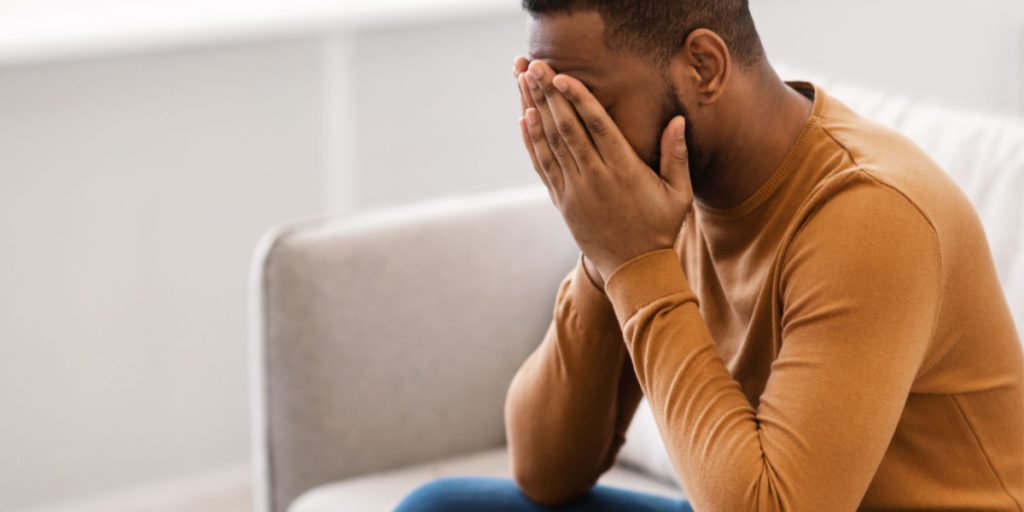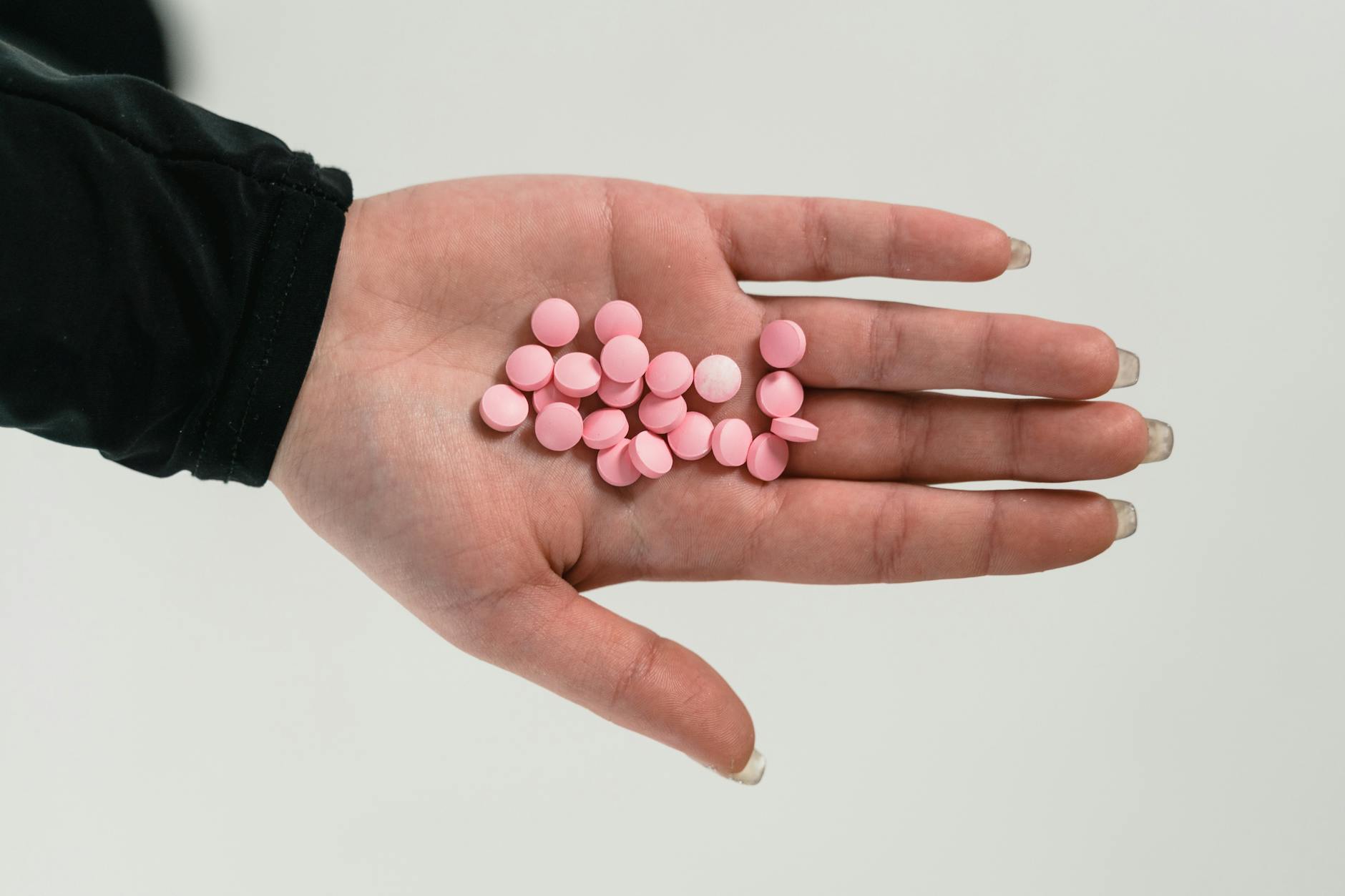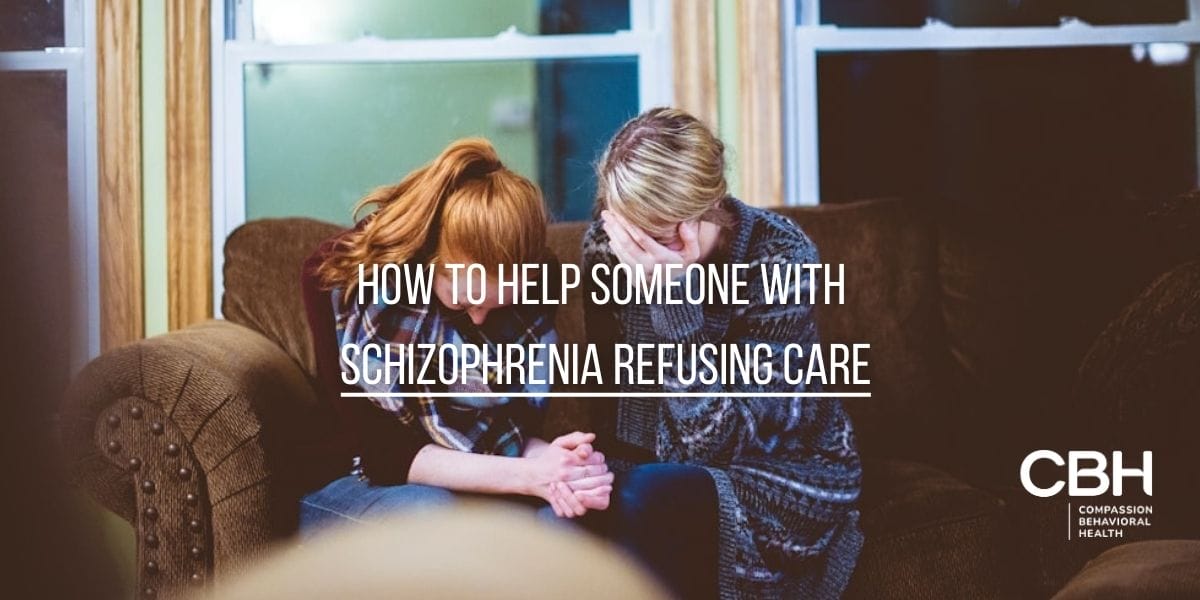Depression is a mental health condition that manifests through a number of signs and symptoms that may not always seem obvious at a glance. Some individuals are still able to maintain a high level of functionality in their daily lives while living with depression while others experience more debilitating moments. Recognizing the signs of depression is important in order to seek out proper treatment that can help an individual live a healthier and happier life.
Today, we are going to cover some possible hidden signs of depression you may not notice on the surface. If you need help, please call us today at (844) 999-0874 for a completely confidential conversation.
Many Depression Symptoms Are Physical
Because depression is largely categorized as a mental health condition, many of its physical symptoms are overlooked. These somatic symptoms may indicate the possibility of depression with or without any psychological indicators present.
Physical symptoms of depression can include:
- Joint, limb, and back pain
- Gastrointestinal difficulties
- Feelings of fatigue
- Changes in psychomotor function
- Changes in appetite or eating habits
Though these physical symptoms may indicate depression, they may also be signs of other health conditions as well. If you notice any of the above occurring frequently, consider scheduling an appointment with your primary care provider as well as a mental health specialist to see if depression could be a possible cause.
Less-Apparent Mental or Emotional Symptoms
A common misconception about depression is that it causes nothing more than feelings of immense sadness or hopelessness. While that may be true for many, there are also other mental and emotional symptoms that extend beyond the stereotypical perception of depression often portrayed in popular culture.
As outlined by the Mayo Clinic, other mental or emotional symptoms can include:
- Frequent angry, irritable, or frustrated outbursts over both important and trivial matters
- Feelings of anxiety and worrying
- Slowed thinking and difficulty concentrating on tasks at hand
- Difficulty remembering things
- Inability or struggling to make decisions, simple or significant
- Avoiding social situations, leaving home, or running important errands
Another potential indicator of depression is the level of personal upkeep that someone maintains. For example, if their living space becomes increasingly more cluttered or unkempt to an atypical extent, this could indicate a lack of motivation to accomplish tasks. Neglecting personal hygiene may also hint at someone’s struggle with battling mental health symptoms.
Research also suggests that compulsive shopping could be a sign of depression. This could be due to a sense of needing to “fill a void” with material possessions, difficulty managing impulses, or a feeling that personal financial stewardship is a pointless or unworthwhile endeavor.
What to Do if You Suspect Someone You Love is Depressed
If you believe that someone you know is struggling with depression, the best step you can take is to open a compassionate dialogue with them. Oftentimes, individuals who are depressed may not realize it themselves or may be in denial about they are experiencing.
Start by expressing your concerns in a non-judgmental way and let them know that you’re there for them. If they are receptive, you can then offer your help in getting them connected with a mental health specialist or treatment services center to help better manage or eliminate their symptoms.
Unfortunately, there may be individuals who are struggling with depression and will refuse your offer to help them. If this is the case, it’s best to respect their wishes and not force the issue. The most important action you can take is to continue to be there for them in whatever capacity they allow. Over time, they may become interested in receiving help.
Getting Help for Your Own Battle with Depression
If you believe that you may be struggling with depression, it’s vital to seek professional help as soon as possible. Depression is a serious mental health condition that can have lasting negative effects on your life if not properly managed. It can also progress to more urgent and serious symptoms such as suicidal ideation or attempts.
For some people, antidepressant medications may provide valuable and lasting benefits. This will require an evaluation, diagnosis, and prescription from a medical professional, such as a psychiatrist. You can also provide a consent form that allows your therapist and doctor to exchange information to help provide you with a more holistic treatment while still maintaining your medical privacy.
Treatment for Depression is Within Reach
At Compassion Behavioral Health, we provide therapeutic and clinical treatment for people struggling with depression at our beautiful South Florida center. To learn more about how we can assist you on your mental health journey, please call us today at (844) 999-0874 or reach out online anytime.



